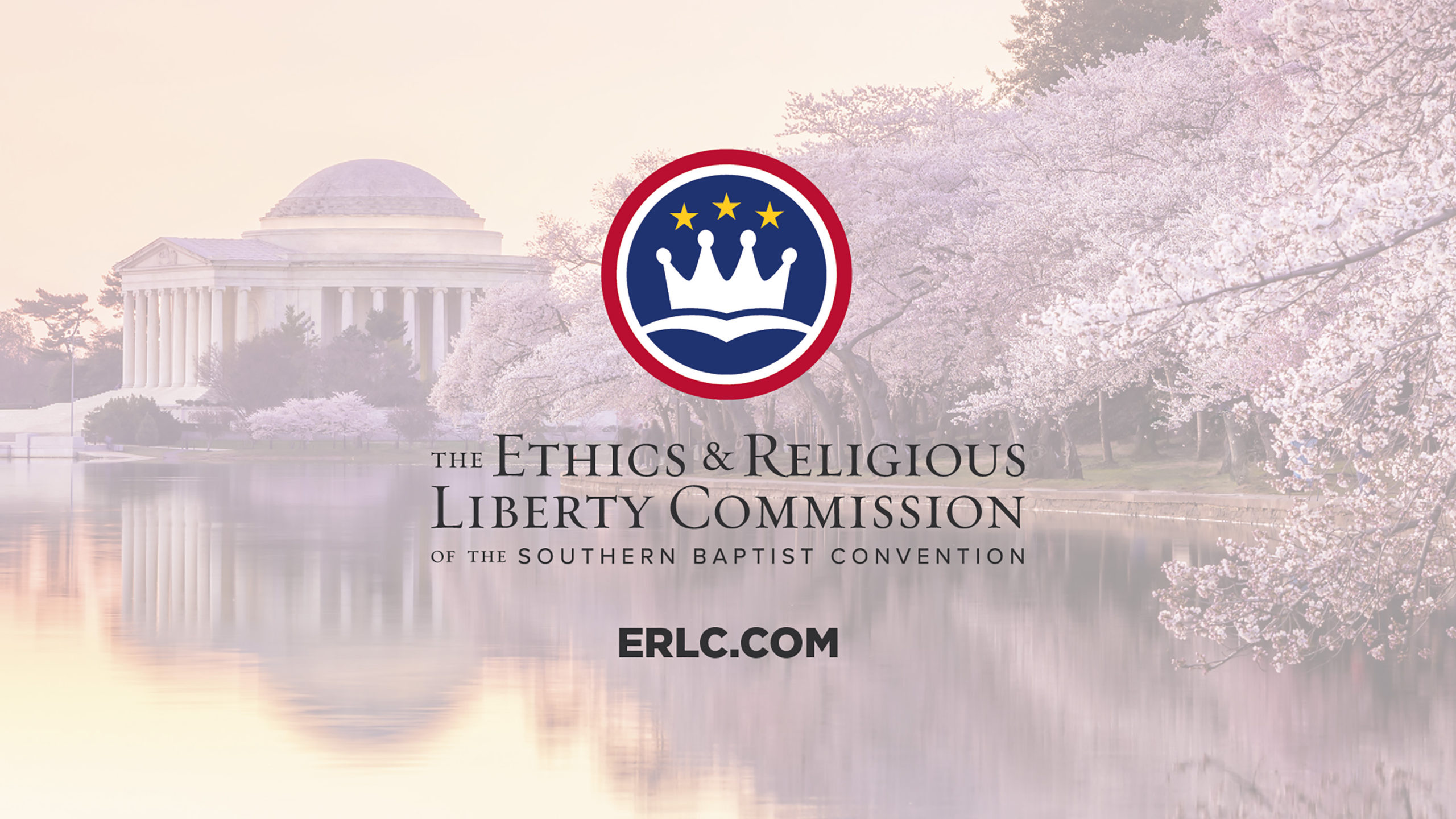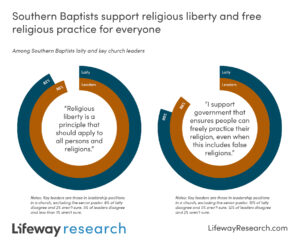By William H. Perkins Jr.
Editor
Updated Dec 7, 2020
The Ethics and Religious Liberty Commission (ERLC) of the Southern Baptist Convention has intervened in a federal lawsuit to contend that the Southern Baptist Convention (SBC) is the “umbrella Southern Baptist governing body” and that a “hierarchy” exists in that governance.
Both concepts are direct contradictions of the Southern Baptist Constitution and the Baptist Faith and Message, the collection of Christian principles undergirding the largest Protestant denomination in the world that affiliates with over 2,100 Mississippi churches.
The federal court case involves Will McRaney, a Mississippi native and former executive director of the Baptist Convention of Maryland/Delaware (BCMD). McRaney is suing the Southern Baptist North American Mission Board (NAMB) in federal court for what he claims is the agency’s interference in his management of the autonomous BCMD that subsequently led to his firing.
McRaney also alleges NAMB President Kevin Ezell has intervened since then to prevent him from being considered for employment and speaking engagements.
NAMB has denied McRaney’s charges, and the Nashville-based ERLC filed an Amicus Curiae, also known as a friend of the court brief, on the side of NAMB. A person or organization that is not part of a lawsuit but with a particular interest in the outcome of a case can file an Amicus Curiae.
ERLC joined in the Amicus Curiae with the Thomas More Society, a non-Southern Baptist public interest law firm based in Chicago, Ill. The counsel of record for the brief is Steve Crampton, who resides in Tupelo and is the former chief counsel for the American Family Association Center for Law & Policy in that city.
The ERLC Amicus Curiae states specifically, “The primary, leading convention, or group, is the Southern Baptist Convention, which is the Southern Baptist governing body over all the various groups of churches… Within that hierarchy are several organizations, including McRaney’s previous employer and defendant NAMB” (pg. 14, tinyurl.com/erlcamicus).
The Southern Baptist Constitution states in Article Six: “While independent and sovereign in its own sphere, the Convention does not claim and will never attempt to exercise any authority over any other Baptist body, whether church, auxiliary organizations, associations, or convention” (sbc.net/about/what-we-do/legal-documentation/constitution/).
Section XIV of the the Baptist Faith and Message reads: “Christ’s people should, as occasion requires, organize such associations and conventions as may best secure cooperation for the great objects of the Kingdom of God. Such organizations have no authority over one another or over the churches. They are voluntary and advisory bodies designed to elicit, combine, and direct the energies of our people in the most effective manner” (bfm.sbc.net/bfm2000/#vi-the-church).
Put another way, those “various groups of churches” within the SBC cited in the ERLC Amicus Curiae are, as stated in the Baptist Faith and Message, “voluntary and advisory bodies” and “have no authority over one another or the churches.”
Thus, the ERLC Amicus Curiae is describing a system of SBC governance that is in violation of the SBC Constitution and the Baptist Faith and Message, and in reality does not exist.

Ronnie Floyd, president of the SBC Executive Committee in Nashville, sought to correct the errors in the ERLC Amicus Curiae. In a statement quoted by Baptist Press, Floyd said, “The Baptist bodies serving our churches who undertake this great missional vision, such as associations, state conventions and national entities, do so knowing there is no relation of superiority or inferiority among our Baptist general bodies. There is no ‘hierarchy’ in any form or fashion in Southern Baptist polity.”

Randy C. Davis, president and executive director of the Tennessee Baptist Mission Board in Nashville, criticized the ERLC Amicus Curiae in a letter to ERLC President Russell Moore, as quoted in the Tennessee Baptist and Reflector: “[I] was deeply distressed that our Southern Baptist polity, our historical practice and our SBC constitutionally-protected relationships were so blatantly misstated and misrepresented.”

Davis, a graduate of Baptist-affiliated William Carey University in Hattiesburg, appealed to Moore to “get in front of this publicly by owning it, acknowledging the errors of the document, withdrawing your name and support of this amicus brief, and publicly repudiating its many false claims.”

The Baptist and Reflector reported that the news journal attempted to contact Moore, but only received a copy of a statement released to Baptist Press by Travis Wussow, ERLC vice president for public policy and general counsel: “As Southern Baptists, we believe that every church is fully autonomous, and that means autonomous from any other church, entity, or hierarchy, and also autonomous from the state. The ERLC has defended the underlying legal doctrines in this case for many years, and we will continue to defend them because of their importance to all Southern Baptists.”
The Baptist and Reflector noted that the ERLC response did not indicate whether the SBC entity planned to retract or rephrase the Amicus brief.
Editor’s note: Baptist Press, news service of the Executive Committee of the Southern Baptist Convention, and The Baptist and Reflector, news journal of the Tennessee Baptist Mission Board, contributed to this article.








